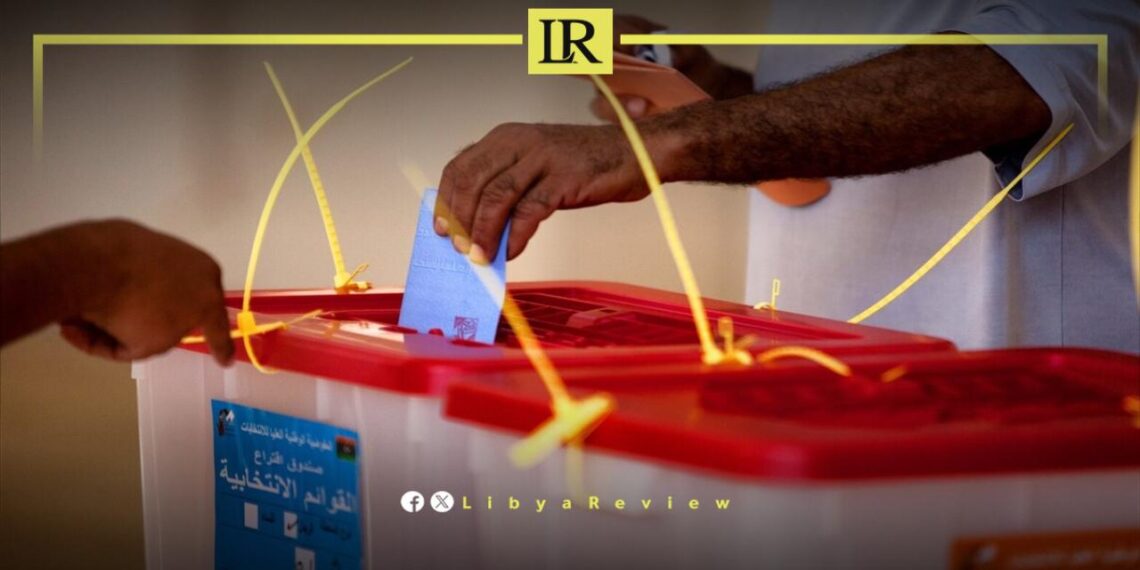The Libyan High Council of State (HCS) is set to hold crucial elections for its presidency and executive office members on Tuesday, August 6. This vote comes at a critical juncture, with the need for decisive leadership to foster political stability in Libya.
Leading candidates for the HCS presidency have been identified as Khaled Al-Mishri, Mohamed Takala, and Adel Karmous. Additionally, candidates for the First Deputy position include Abkida Mohamed, Messaoud Abid, Abdul Muttalib Beqqas, Shukri Al-Amin, and Naji Mukhtar. For the Second Deputy position, the contenders are Khaled Al-Nadhouri, Omar Khaled Al-Obaidi, and Moussa Faraj.
These elections are seen as a pivotal moment for renewing leadership within the High Council of State, a body integral to Libya’s political framework. The outcome is anticipated to significantly influence the nation’s direction amidst ongoing challenges.
Since the 2011 uprising that led to the fall of long-time leader Muammar Gaddafi, Libya has experienced prolonged turmoil, with various factions competing for power. The High Council of State, established under the Libyan Political Agreement signed in Skhirat, Morocco, in 2015, serves as an advisory body to the Government of National Unity. Its mandate is to ensure legislative processes are inclusive and representative of Libya’s diverse political landscape.
The leadership of the council plays a crucial role in mediating conflicts and facilitating dialogues aimed at national unification. In the current geopolitical context, marked by internal strife and external interventions, electing a new president and executive office members is essential for advancing national reconciliation efforts and implementing effective governance.
Both Libyan citizens and international observers are closely monitoring these elections. The newly elected officials will face immediate challenges, including enhancing security, promoting economic recovery, and continuing the delicate process of national reconciliation.
The successful election of competent and dedicated leaders could greatly impact Libya’s future, fostering stability and creating an environment conducive to lasting peace and development.


